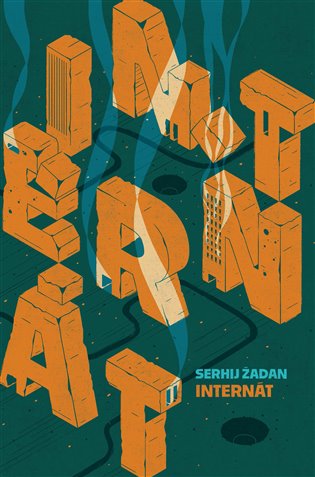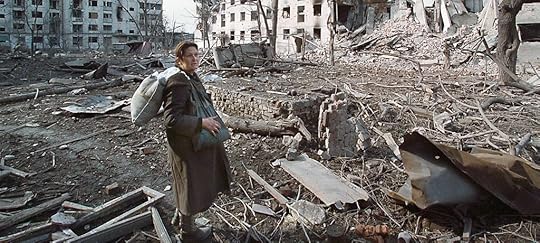What do you think?
Rate this book


280 pages, Hardcover
First published January 1, 2017
“It’s bad,” Pasha says quietly.
“Bad?” The soldier suddenly understands him.
“Bad,” Pasha agrees.
“It will get worse,” the soldier assures him.
“Yeah," Nina agrees. "But you don't talk about that either. Like it has nothing to do with you. Even though you should've made up your minds and picked a side a long time ago. You're so used to hiding. So used to staying out of things, letting someone else decide everything for you, letting someone else take care of things for you. Nobody's going to decide for you, nobody's going to take care of things. Not this time. Because you saw what was going on, you knew. But you kept silent, you didn't say anything. Nobody's going to judge you for that, obviously, but don't count on your descendants' appreciation. Basically," Nina says, standing up resolutely, "what I'm saying is, don't delude yourself—everyone's going to answer for this. And those who aren't used to answering for anything will be the worst off.”

